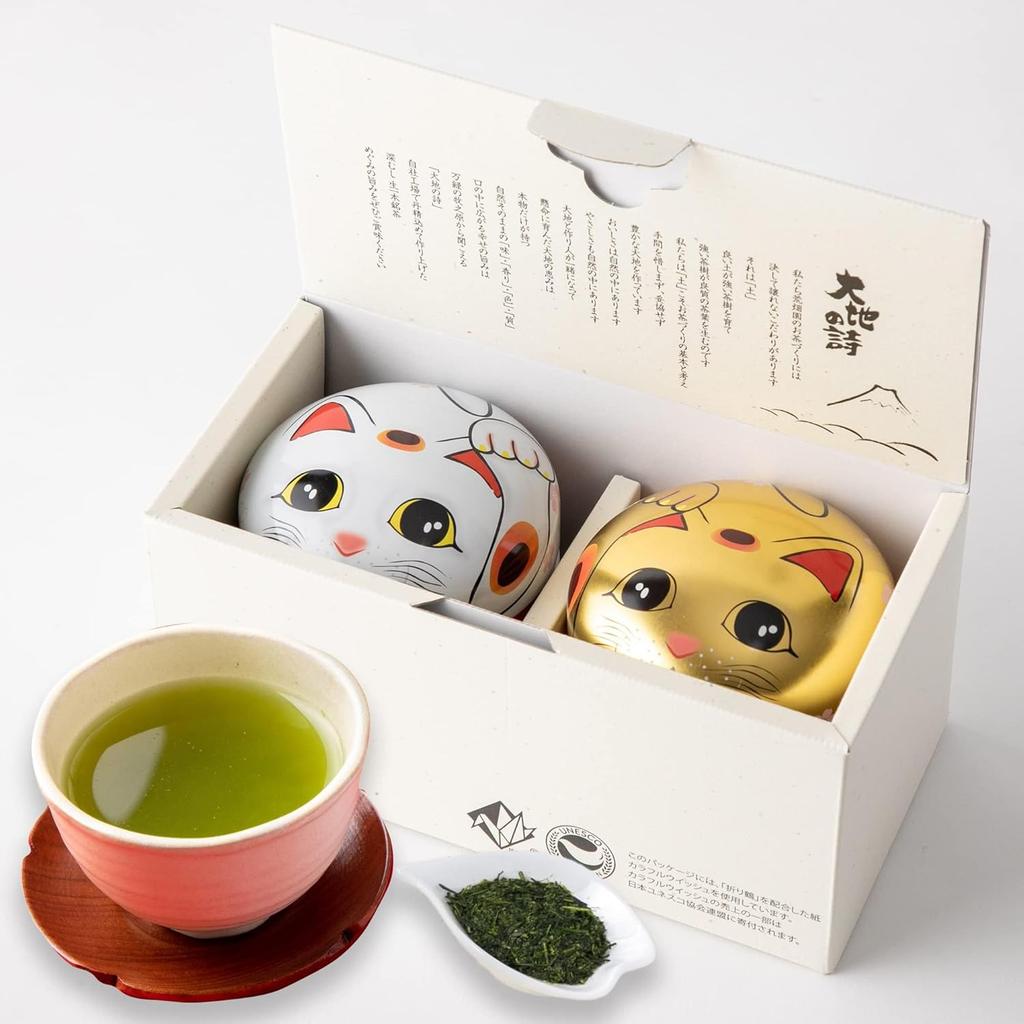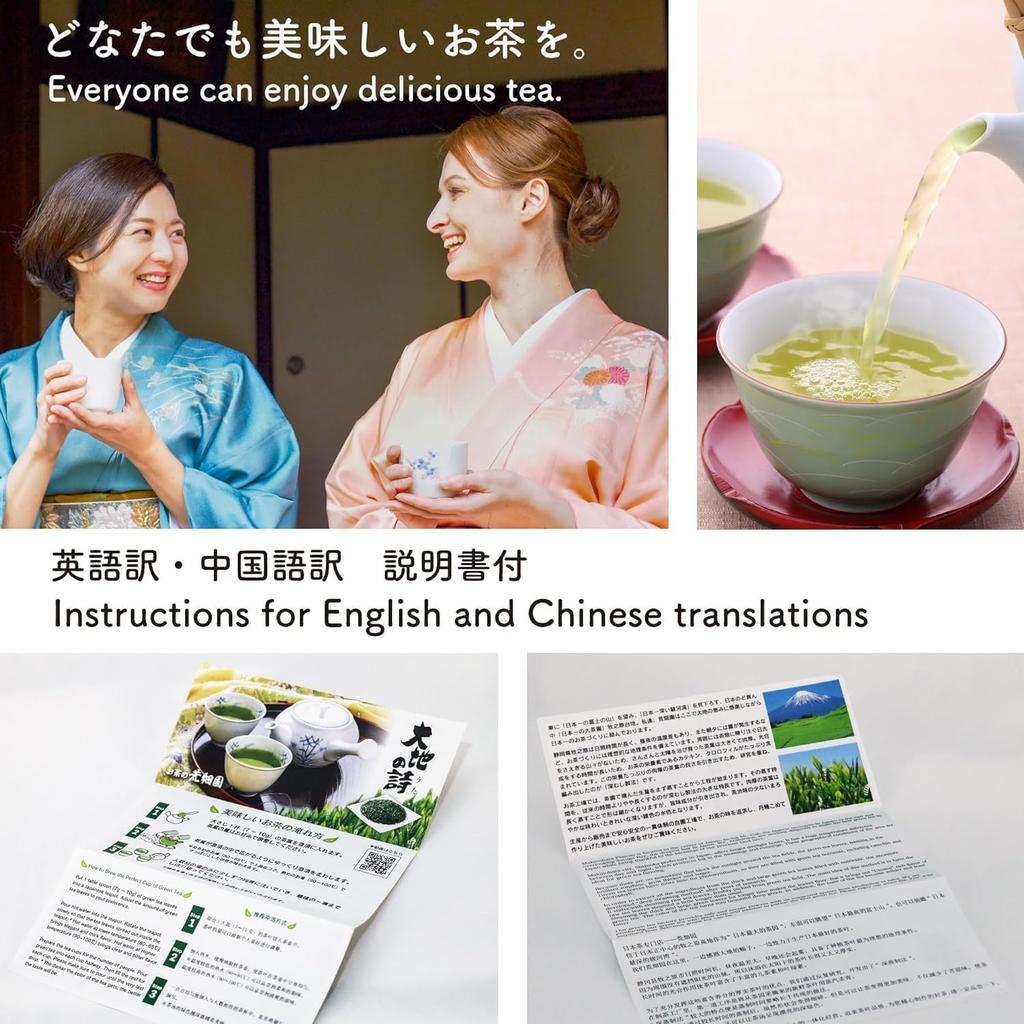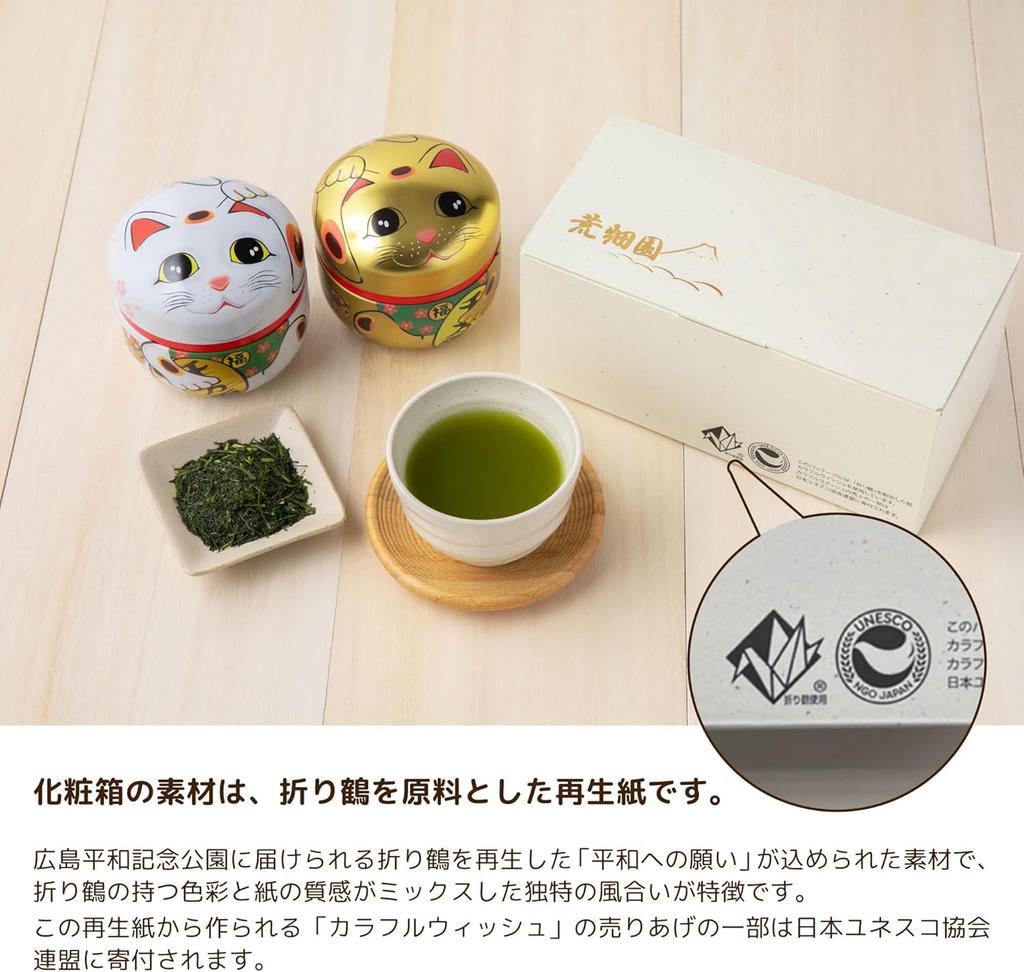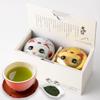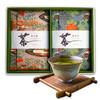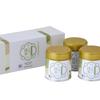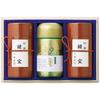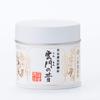Ingredients: Green Tea (from Shizuoka Prefecture, Japan)
Net Content: 80g x 2 Cans
The Maneki-Neko (Lucky Cat) has been a popular symbol of good fortune since the Edo period, believed to beckon money and people.
A Maneki-Neko with its right paw raised is said to invite financial fortune and luck.
One with its left paw raised is said to invite a continuous stream of customers (Senkyaku Banrai).
This is a perfect gift to wish for good luck and prosperity for occasions such as:
Business Prosperity
Store Opening Celebrations
Weddings
Retirement Celebrations
Whether as a special gift or for personal enjoyment, we invite you to experience this tea.
【Arahata-en's Deep-Steamed Green Tea (Fukamushi-cha)】
The Deep-Steaming Method to Bring Out the Best in Tea Leaves:
Arahata-en's tea is produced using the deep-steaming method (Fukamushi-cha), where the tea leaves are steamed three to four times longer than regular Sencha (green tea).
Tea from the Makinohara Plateau:
The Makinohara Plateau has long hours of sunlight, which cultivates thick, nutrient-rich tea leaves. By steaming these leaves for an extended period:
The content of tannins (bitterness/astringency) is reduced.
The content of the amino acid theanine (sweetness) is increased, resulting in a smooth, mellow tea.
Although the tea leaves become finer, the tea is characterized by its beautiful deep green color, mellow sweetness, and profound richness (umami).
Commitment to Soil Quality
At Arahata-en, we believe that "delicious tea can only come from thick, deep-green leaves harvested from vigorous tea trees." For this reason, we commit to cultivating our tea from the ground up, starting with meticulous soil preparation.
Natural Recycling Farming: Rice Husk Compost:
Every autumn, we make rice husk compost by fermenting rice husks, rice bran, and rapeseed oil cake with beneficial soil microorganisms. We apply this nutrient-rich compost uniformly across our vast fields. This Natural Recycling Farming approach enriches the soil, increases the microbial population, and enhances the vitality of the land.
World Agricultural Heritage: Shizuoka Chagusaba Farming
Chagusaba refers to the semi-natural grasslands where grasses like bamboo grass and Susuki (Japanese pampas grass) are harvested to be used as organic fertilizer in the tea fields. This is a common sight in Shizuoka Prefecture. The method of spreading the harvested grass over the tea fields (Chagusaba Farming) produces higher quality tea and ensures the coexistence of life without disrupting the natural ecosystem.
Note: Shizuoka's Chagusaba Farming was designated a Globally Important Agricultural Heritage System (GIAHS) by the Food and Agriculture Organization (FAO) of the United Nations on May 30, 2013.




